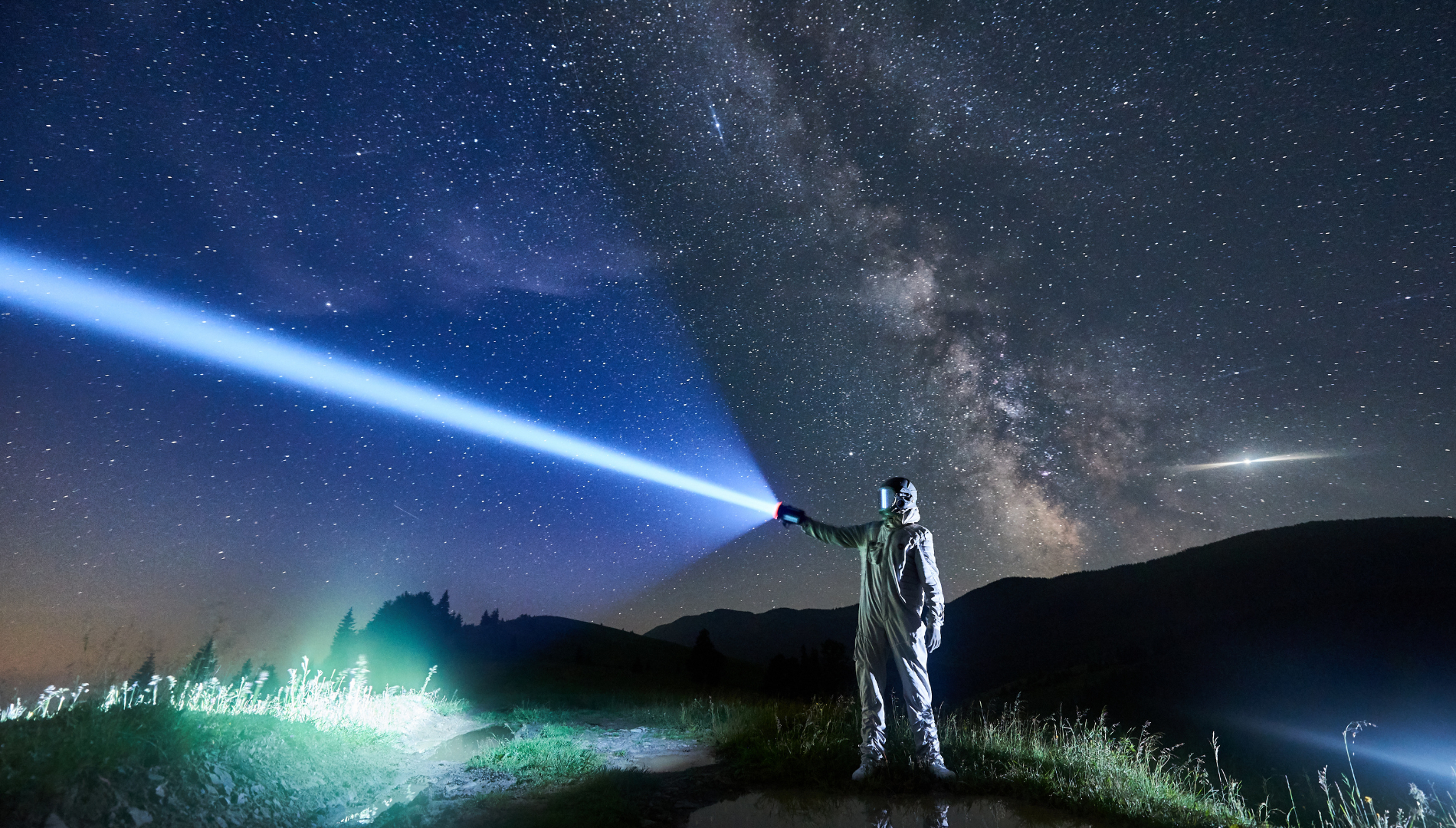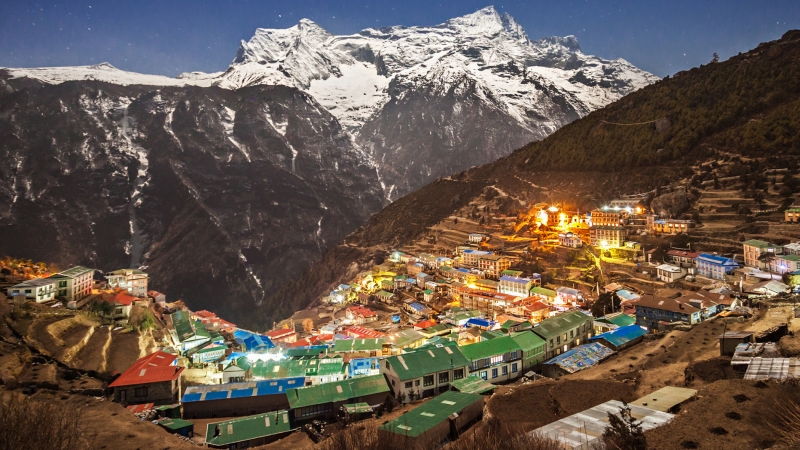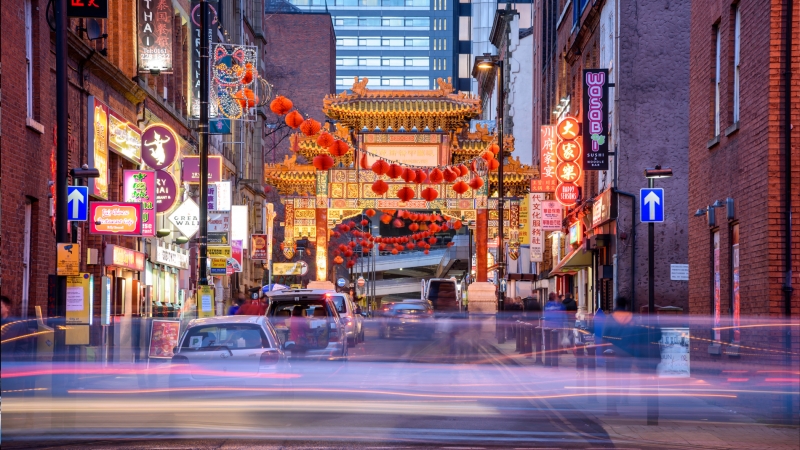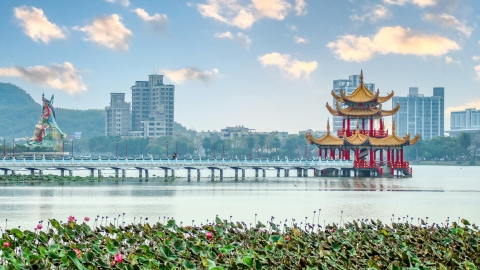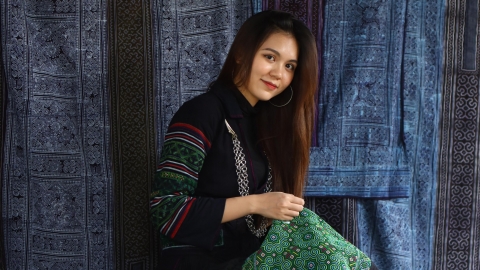Space tourism is becoming a new target for China, as Deep Blue Aerospace, based in Jiangsu province, announced on October 24th its plan to take tourists into suborbital space starting in 2027. During a live broadcast, two tickets for the space tour released by Deep Blue Aerospace were immediately reserved with deposits.
Approximately 3 million people watched the broadcast on Deep Blue Aerospace's Taobao shopping platform. This was the first time a Chinese company had publicly offered space tourism tickets. The identities of the two passengers were not revealed.
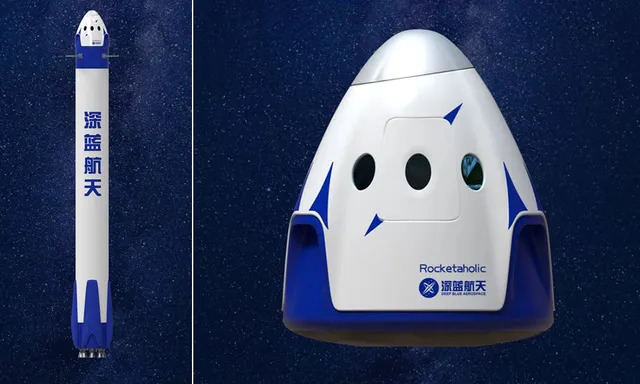
For a ticket price of 1.5 million yuan (approximately $210,000), passengers will receive "more than just a brief zero-gravity experience."
At this price, customers will receive "more than just a brief weightless experience," Deep Blue Aerospace says. "They will experience the vastness and mystery of the universe, witnessing the majestic landscapes beyond Earth. This will be a multi-sensory, comprehensive, and unforgettable space journey," the company shared.
Deep Blue Aerospace also showcased images of its suborbital flight system – a reusable rocket-spacecraft combination similar to Blue Origin's New Shepard.
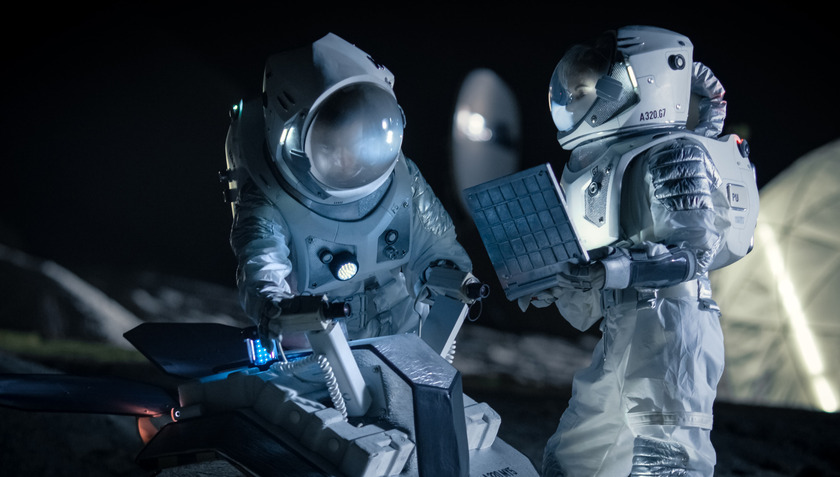
Space tourism is becoming a trend in the tourism industry.
To date, New Shepard has made eight crewed flights to near-orbit, most recently on August 29th. The spacecraft can carry six passengers. They will experience a few minutes of weightlessness and gaze upon the blue Earth against the dark backdrop of space during the 10-12 minute flight, from liftoff to landing. Deep Blue Aerospace's near-orbit flights may be similar.
Deep Blue Aerospace stated that the spacecraft will launch using the company's reusable Nebula-1 rocket. The spacecraft will fly to a maximum altitude of 100-150 km, capable of carrying passengers past the Kármán Line and into the edge of space. The near-orbital flight will last approximately 12 minutes, during which passengers will experience at least 5 minutes of weightlessness.
The estimated price for each flight is around 1.5 million yuan (5.3 billion VND). Buyers must pay a deposit of 50,000 yuan (180 million VND) when booking. The flight will pass through the atmosphere towards the edge of space, although it will not enter orbit. At least five passengers on this trip will experience the feeling of weightlessness.
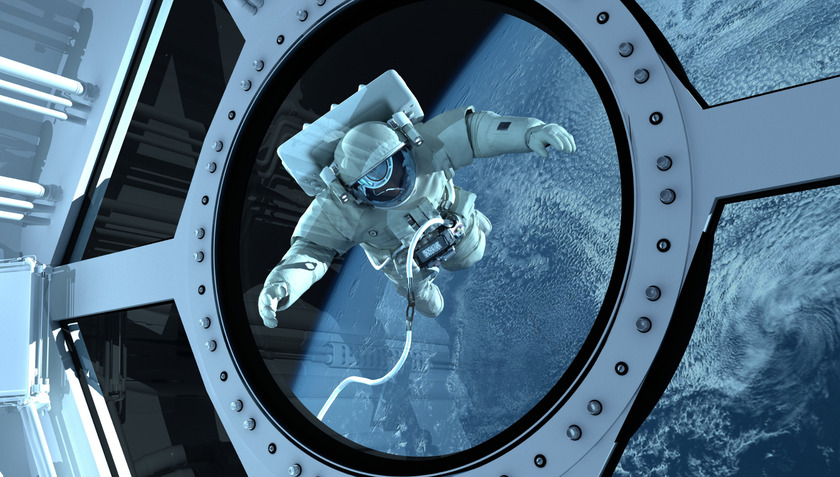
As soon as the first space travel tickets were released to the market, a ticket-hunting frenzy erupted.
If tourists purchase the tour through Taobao, the price drops to 1 million yuan (3.5 billion VND). The requirements for purchasing the tour are that applicants must be in good physical condition and between the ages of 18 and 60. Before the trip, each applicant must undergo a rigorous health check.
Deep Blue Aerospace aims to join a small group of companies globally that offer what is considered the next frontier of adventure tourism. These are expensive trips where passengers are willing to spend hundreds of thousands of dollars to cross the boundary about 100km above the Earth's surface into space.
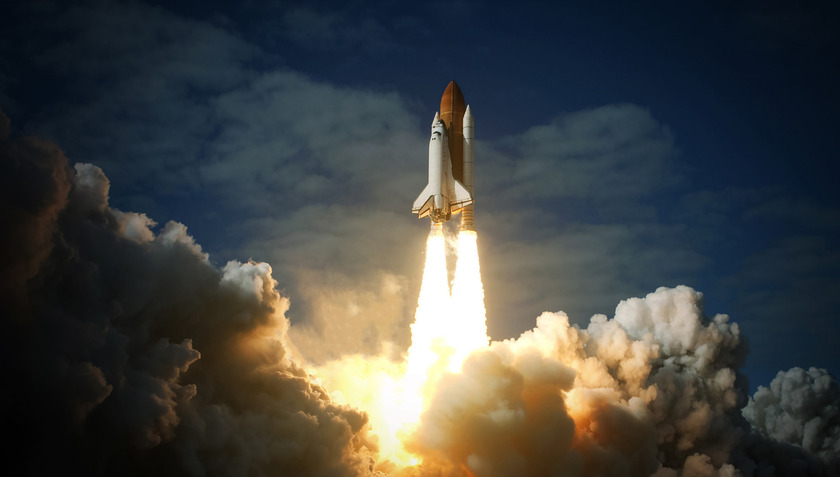
"The spacecraft-rocket complex will also undergo dozens of tests in 2026 to ensure safety and reliability," a representative from Deep Blue Aerospace said.
Deep Blue Aerospace's ticket price is less than half the cost of a near-orbit flight by the American company Virgin Galactic. Virgin Galactic is one of only two companies that have successfully sent paying passengers to near-orbit, alongside Blue Origin. While Blue Origin has not disclosed its ticket price, Virgin Galactic recently priced a 90-minute journey to the edge of space at $450,000.
Currently, companies around the world are entering a race to send tourists into space, and travel enthusiasts can find a trip at a lower cost than before. In 2021, SpaceX made its first flight, taking four tourists into space and returning them safely. Each passenger paid up to $55 million for this trip. Today, the price of space travel is becoming more competitive, making it accessible to more people. Representatives from the American company Space Perspective affirm that space travel is no longer exclusively for billionaires.

 VI
VI EN
EN



